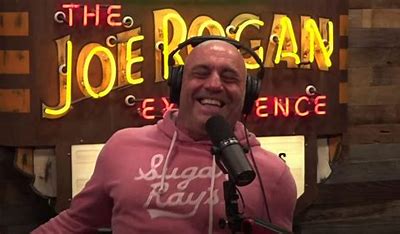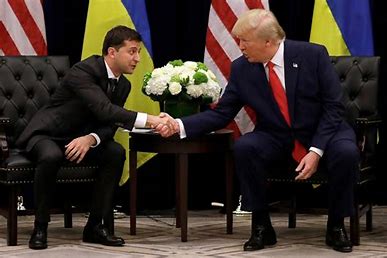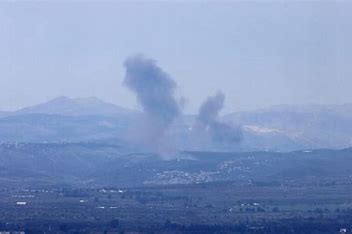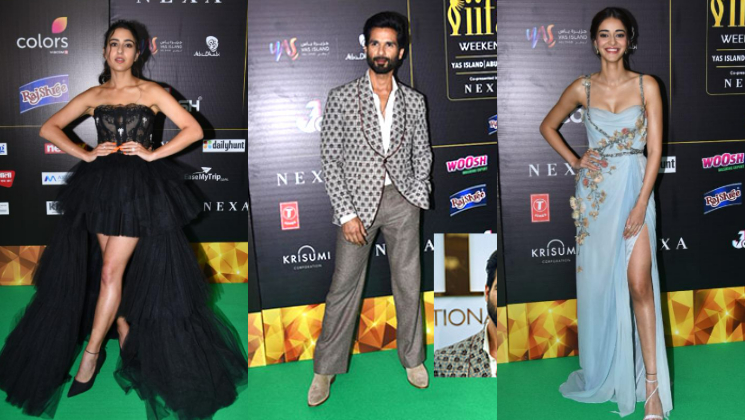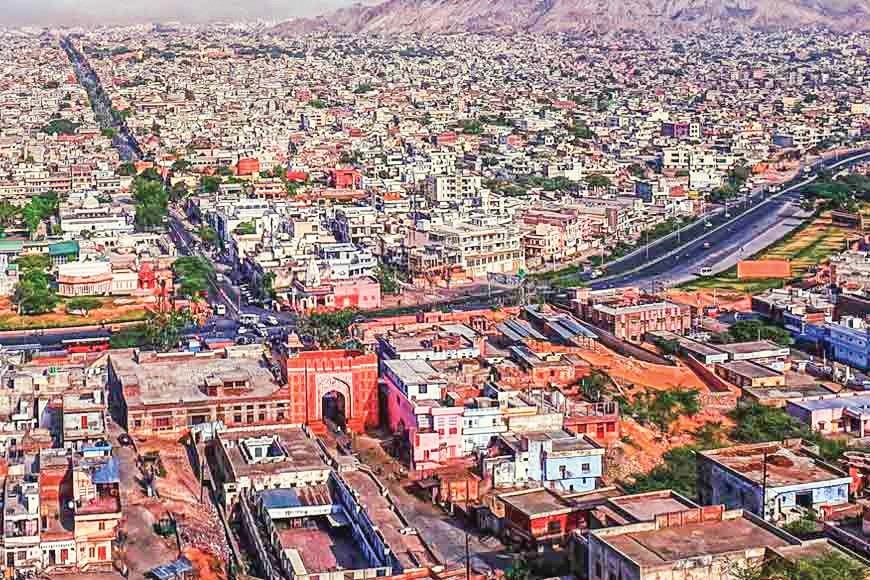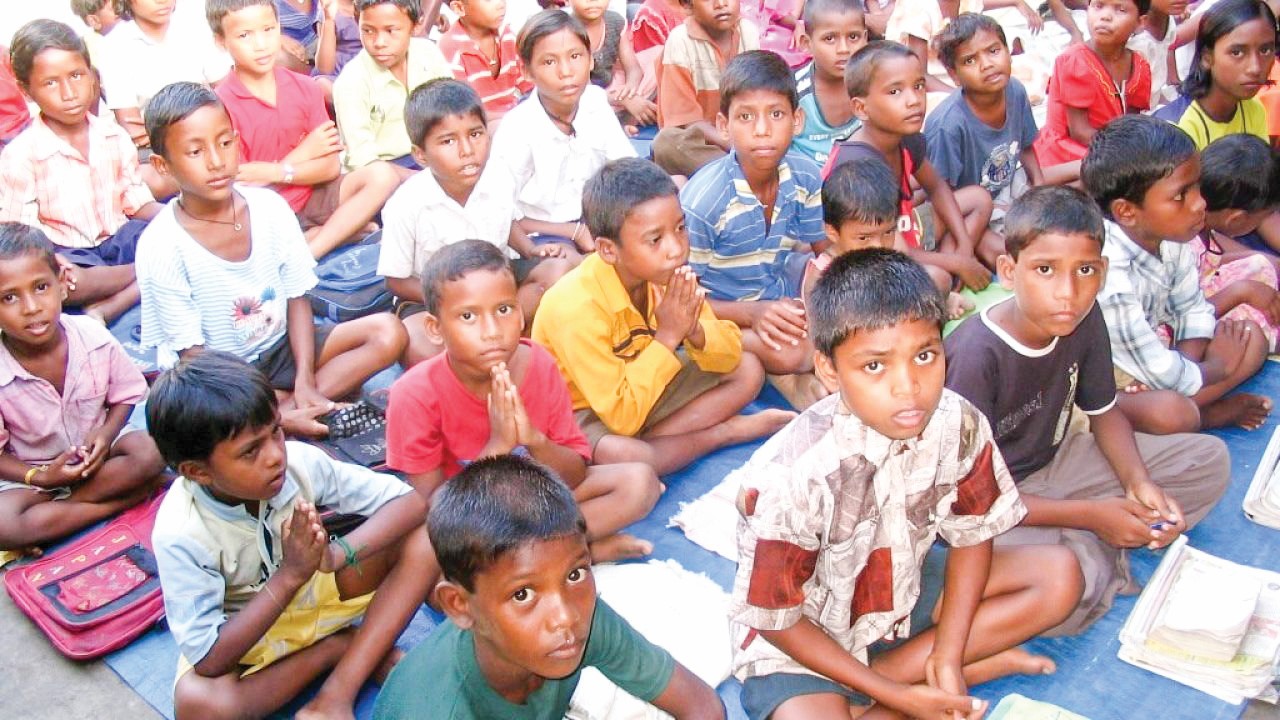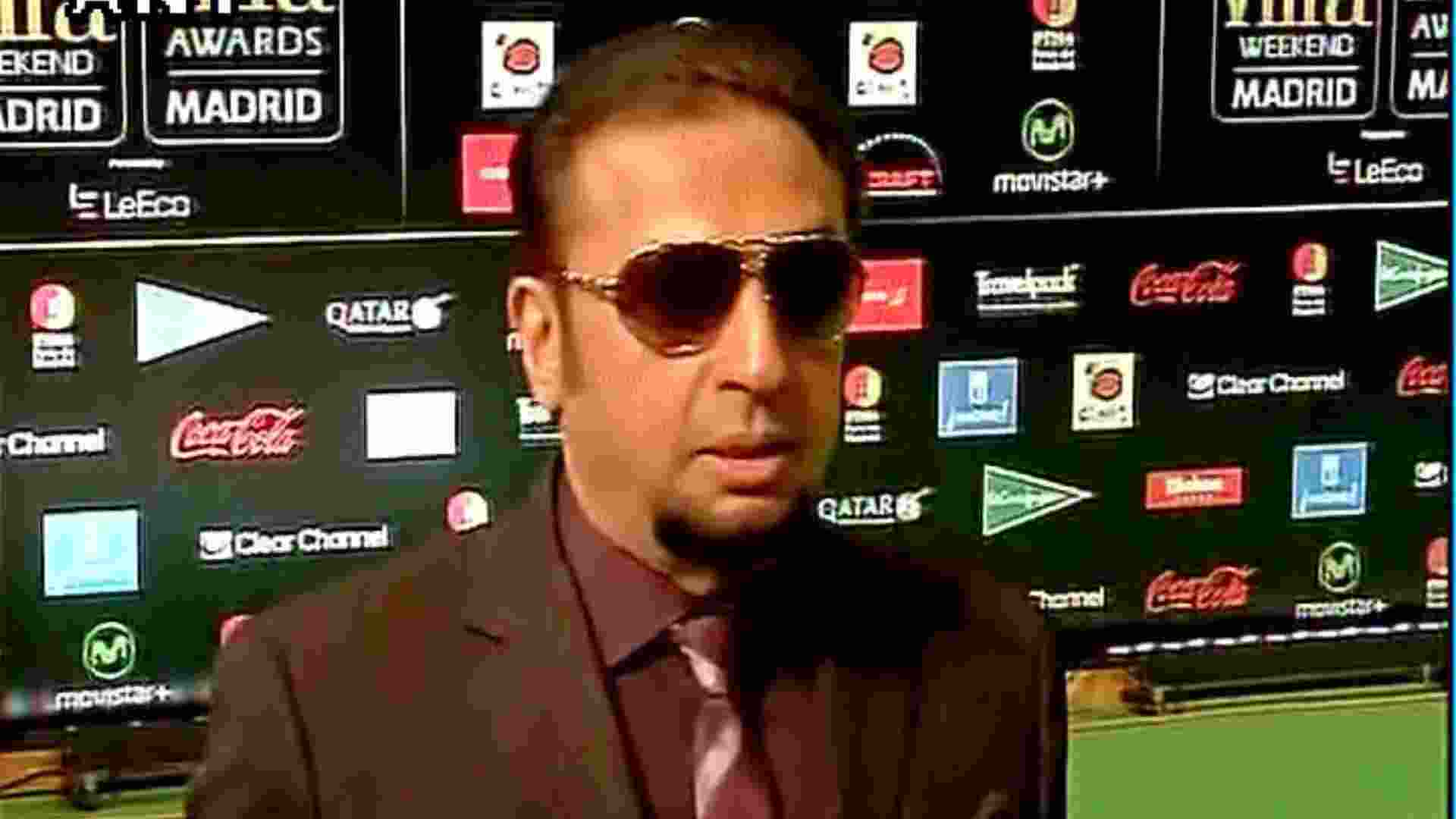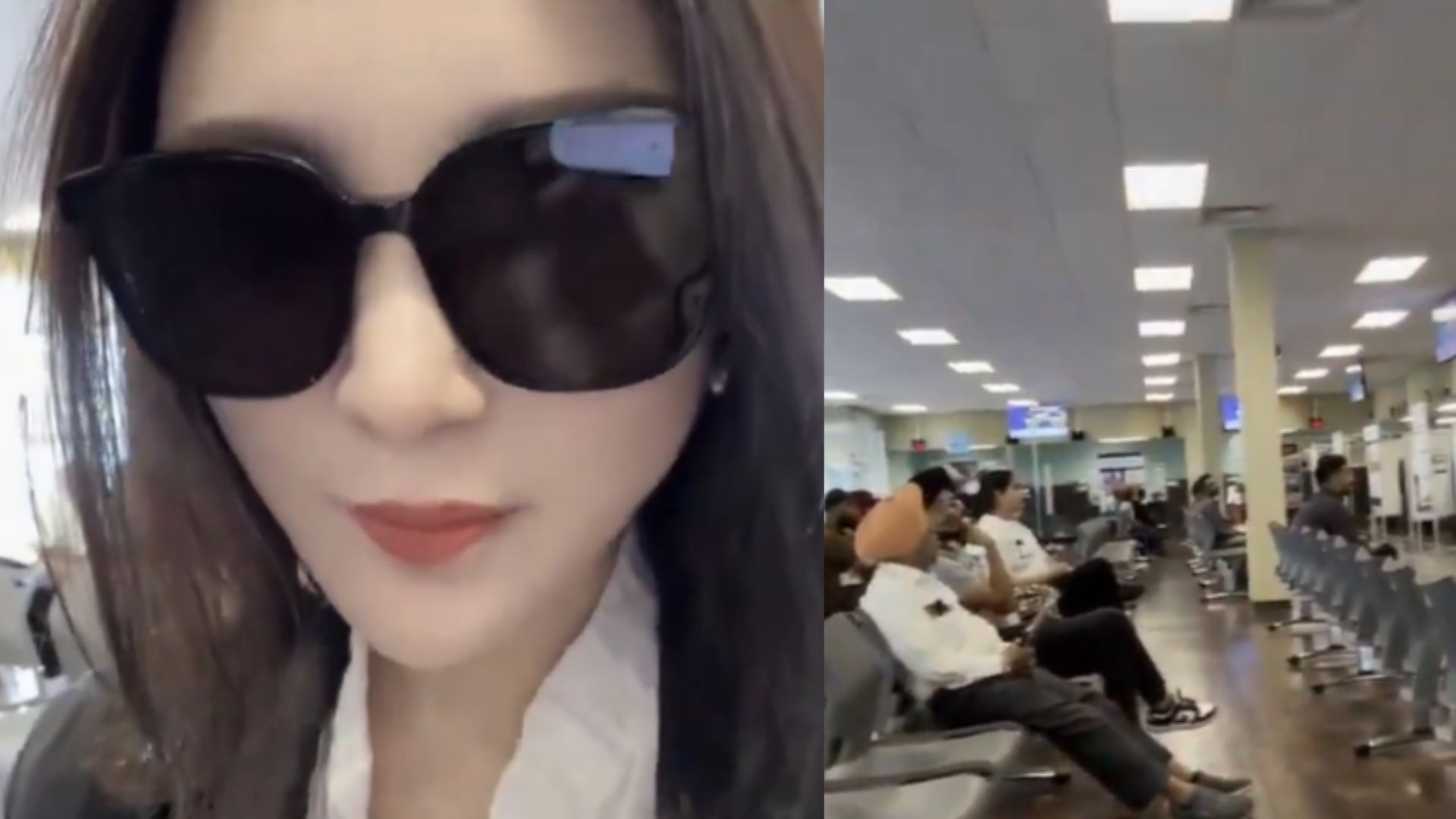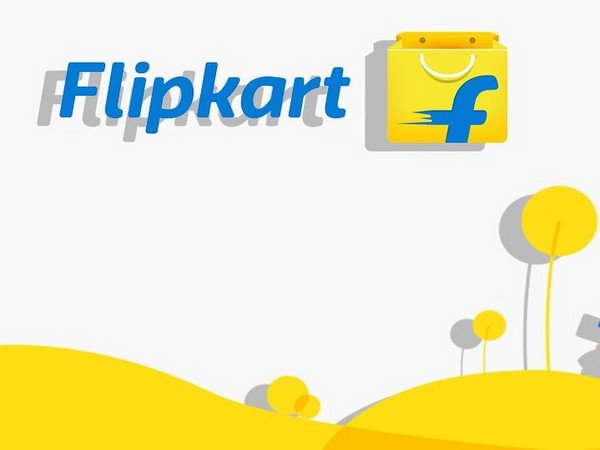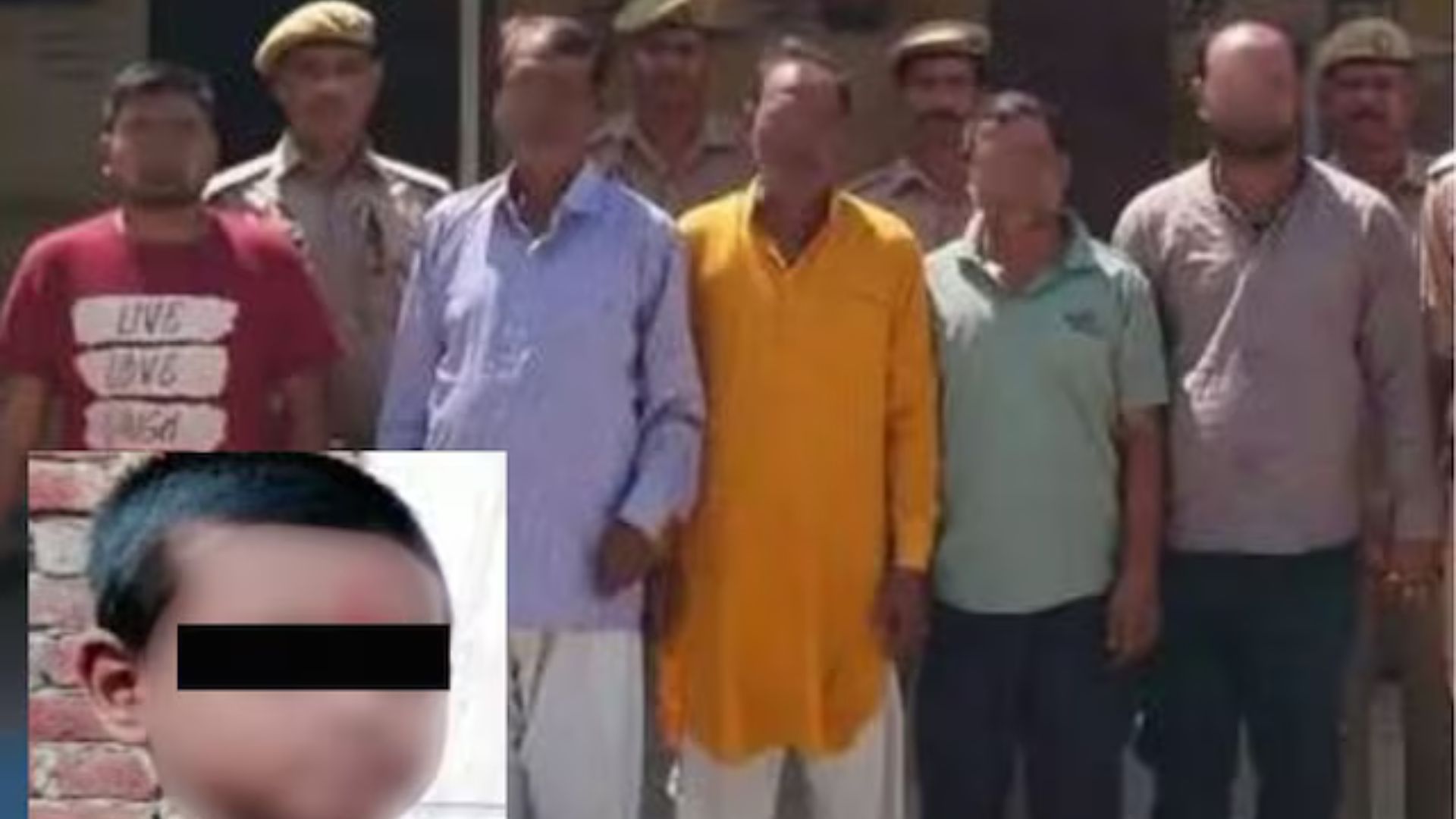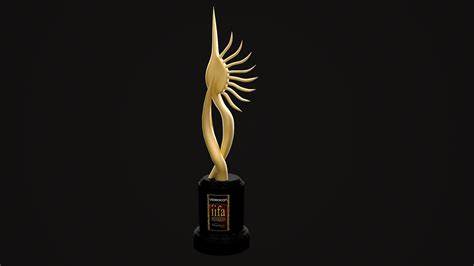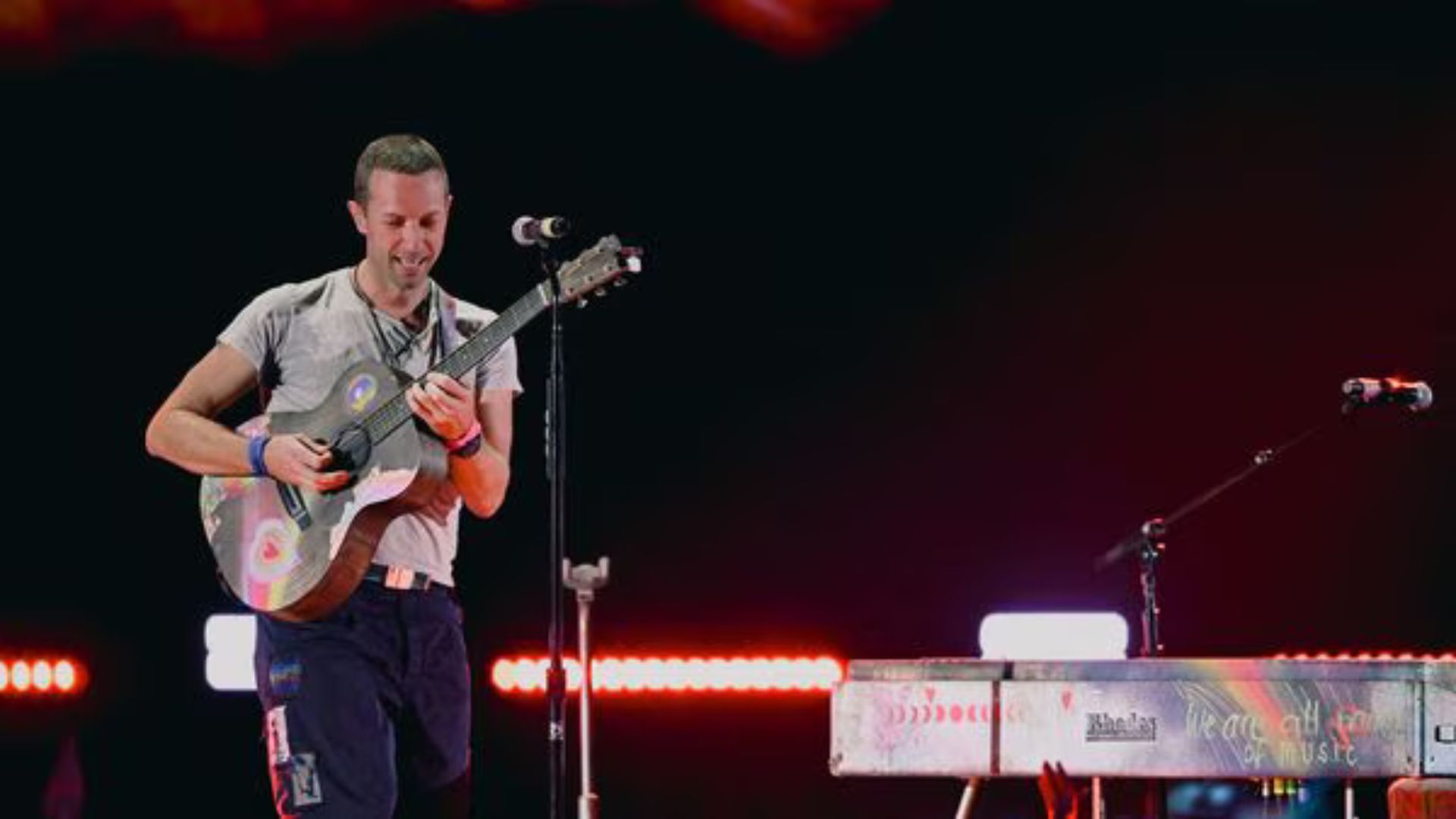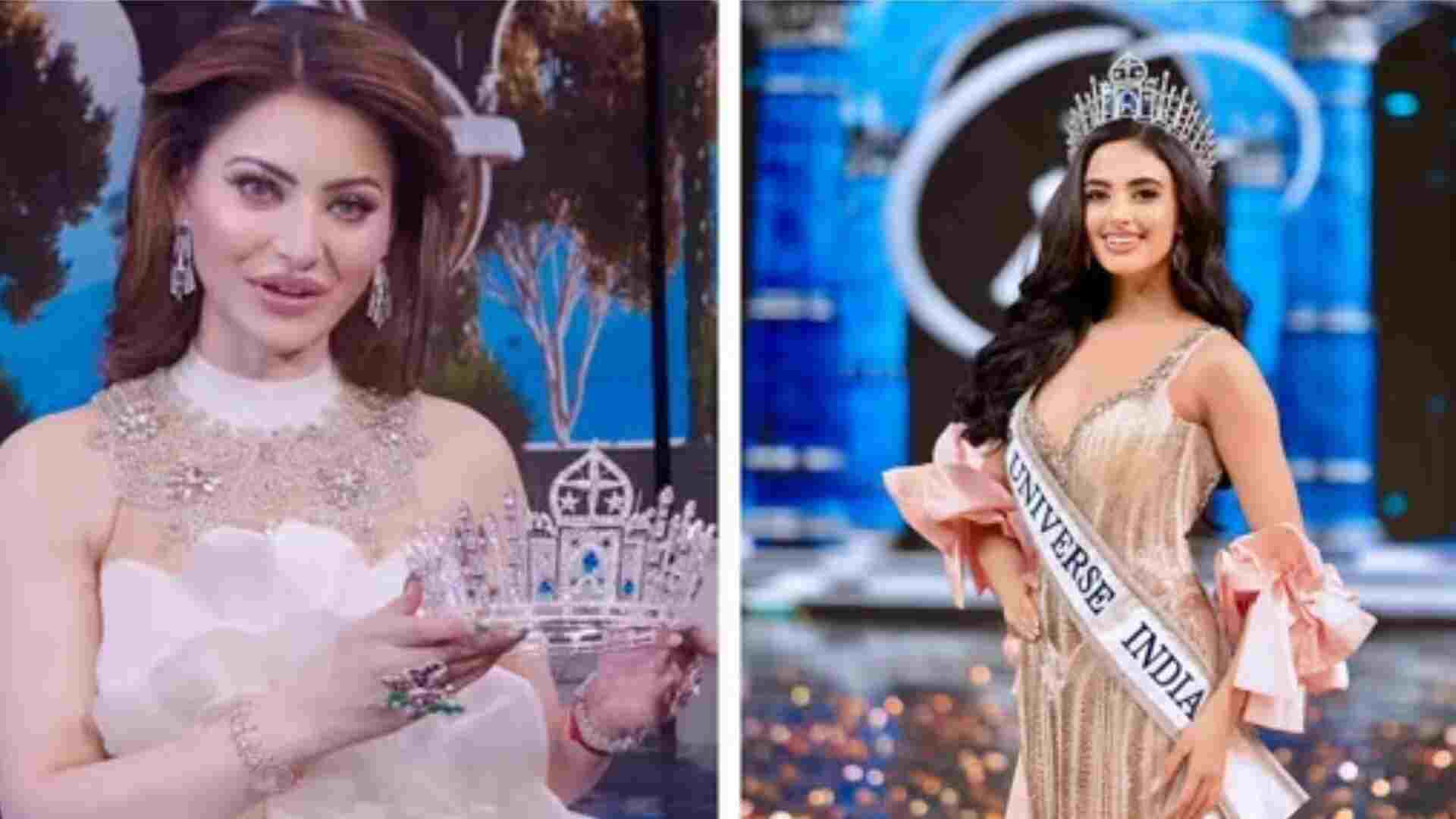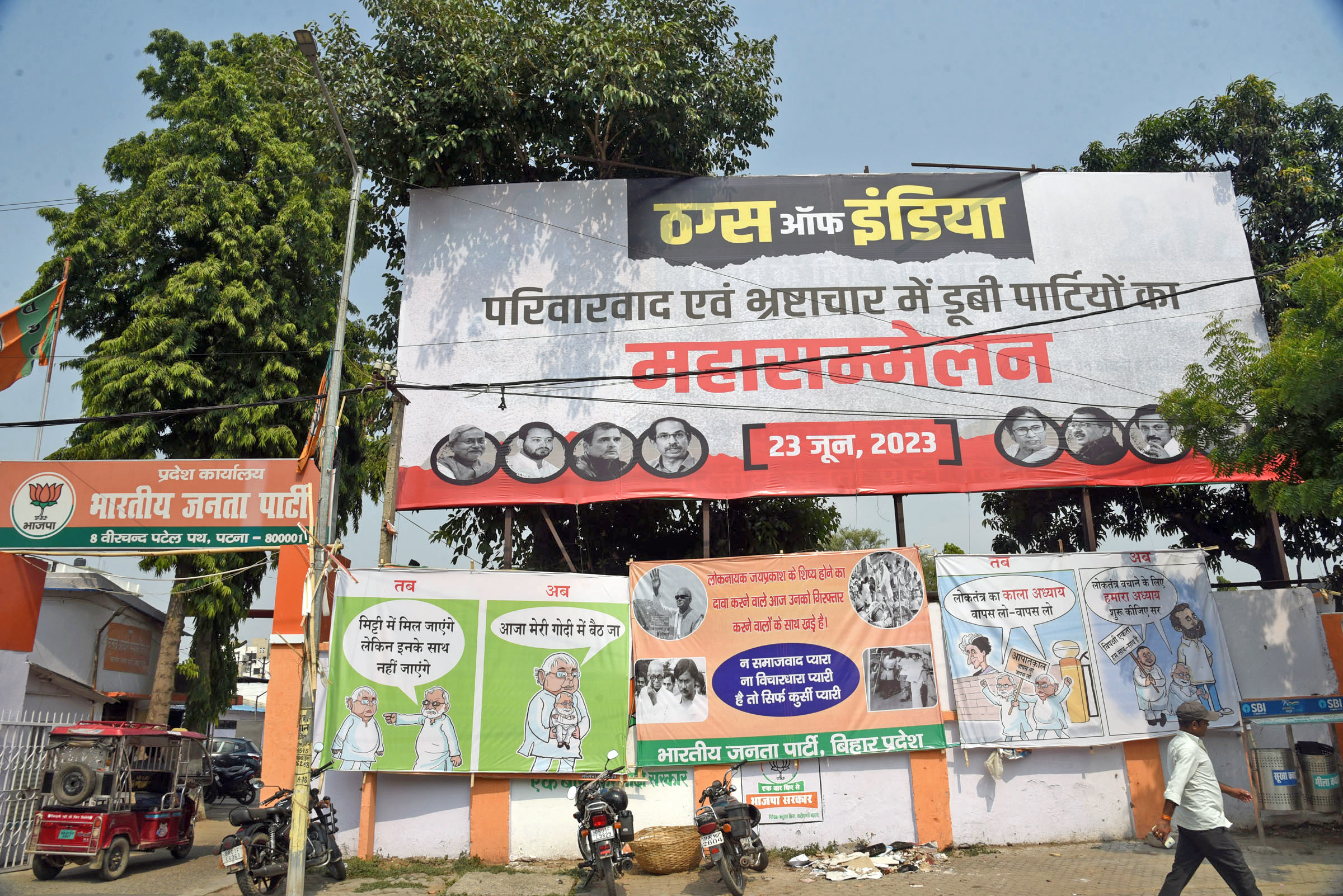
Prior to the highly anticipated opposition meet, a poster war emerged between the ruling bjp at the centre questioning the purpose behind the coming together of unlikely allies . The move spearheaded primarily by the all India pit stops of Bihar CM Nitish Kumar has resulted in the parties coming together but whether it will materialise into a stable electoral machine remains to be seen. Historically, the leaders of the janata party coalition were united by the slogan and commitment to ‘Indira hatao’ in 1977 , this renewed call for opposition unity is also aimed at the same agenda ‘Modi hatao’. It’s difficult to say whether we will see a repeat of 1977 in 2024. It’s unlikely that efforts at forging a unity will emerge as the Modi juggernaut has been making headlines globally and the BJP has already begun its people outreach in the run up to 2024. The litmus test for opposition unity will be the 4 state elections scheduled later this year.
Patna, the historic capital city of Bihar, bore witness to a poster war as a high-stakes political gathering of non-Bharatiya Janata Party (BJP) parties took place on Friday, ahead of the 2024 Lok Sabha elections. A landmark assembly that brought together a league of opposition leaders, the city was veiled in a riot of colourful posters and banners showcasing a slew of notable personalities.
Iconic cut-outs took the shape of shops, dubbed ‘mohabbat ki dukan’ or ‘shop of love,’ borrowing a phrase from Congress leader Rahul Gandhi’s Alwar speech last year. These metaphorical shops housed jars labelled ‘Nafrat chodo, Bharat jodo,’ an exhortation to ‘shun hatred, unify India.’ Gandhi had proclaimed, “In this bazaar of hatred, I am opening a shop of love” — a seeming criticism of alleged assaults on opposition and specific social groups.
A counter-argument to this rhetoric was also visible in the city’s landscape. Posters erected by BJP supporters criticised Friday’s gathering, terming it as ‘parivar bachao’ (save the family), in an evident jab at the Gandhi family’s influence in Indian politics. BJP’s attack was not just limited to this, as posters branding the non-BJP leaders as “thugs of India”, “murderers of democracy”, “dynastic” and “corruption brigade” were also seen at the party’s office and critical locations such as the Patna airport.
Images of key political figures such as Bihar Chief Minister Nitish Kumar, RJD chief Lalu Prasad, Rahul Gandhi, Delhi CM Arvind Kejriwal, Punjab CM Bhagwat Mann, Samajwadi Party leader Akhilesh Yadav, and several others adorned the city’s streets. In attendance were national opposition leaders including Mallikarjun Kharge, Sharad Pawar, Mamata Banerjee, M K Stalin, Hemant Soren, Uddhav Thackeray, Omar Abdullah, Mehbooba Mufti, and others.
The united front meeting is part of Nitish Kumar’s endeavours to unite non-BJP parties as a warm-up for the forthcoming 2024 national elections. Despite this, the event was not without contention. A sense of urgency was felt among Bihar’s ruling alliance as they put up arches and banners welcoming the arriving leaders, a move that was promptly countered by BJP’s aggressive posters.
The gathering was, indeed, of great significance for both Congress and the national opposition. Bihar Congress chief Akhilesh Prasad Singh, who was in charge of the party’s preparations, acknowledged this importance. Congress had set up a marquee at the state headquarters where party chief Mallikarjun Kharge and former MP Rahul Gandhi addressed party workers before the meeting.
A notable addition to the poster war was the Samajwadi Party’s banners featuring former Uttar Pradesh CM Akhilesh Yadav, calling for a resolution to “free India from the BJP to end unemployment, violence, and price rise.” Moreover, state alliance posters also featured Tamil Nadu CM MK Stalin, his West Bengal counterpart Mamata Banerjee, and Nationalist Congress Party chief Sharad Pawar.
BJP state chief Samrat Choudhary, however, dismissed the non-BJP gathering as a “joke” and critiqued Nitish Kumar’s alliance with them, stating, “They neither have a leader nor any common ground. Their sole objective is to remove Modi, as they know he is here to stay.” Choudhary’s rebuff also came in the form of a tweet, labelling non-BJP leaders as “thugs of India”, “dynastic”, and “corrupt”.
Among the controversy, the Aam Aadmi Party distanced itself from some posters in its name, which painted Nitish Kumar in a negative light. AAP spokesman Bablu Prakash deemed these posters an attempt to defame the party and sow confusion. Consequently, the Patna Municipal Corporation began removing such posters.
Analyst NK Choudhary suggested that poster wars were expected in an election year. The ideological differences among non-BJP parties are a prime target for the BJP, especially Nitish Kumar, who was a long-time ally of the BJP. He further predicted that the battle in Bihar would be a fierce one.
Nonetheless, unity among opposition parties did not seem undeterred. The meeting was expected to focus on preserving the secular and democratic nature of India and highlighting alleged assaults on the Constitution. A proposal to field common candidates for at least 400-450 seats against the BJP was also likely to be discussed at a future meeting.
However, unity within the ranks was tested. Jitan Ram Manjhi’s Hindustani Awam Morcha quit Bihar’s ruling alliance days before the meeting, and Telangana CM K Chandrasekhar Rao, a key mediator for unity, decided against attending the meeting. Despite these setbacks, the meeting signalled a defining step in the consolidation of the non-BJP parties.
